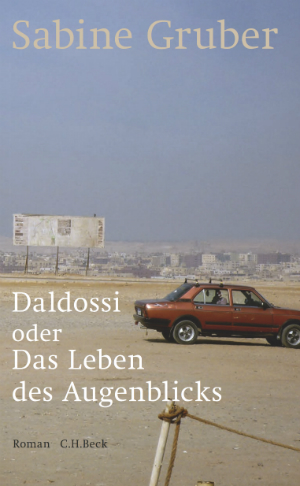review
Is war photography any better than food porn? Can we get over losing the people we love? What impact does our profession have on the people closest to us? All of these questions are addressed in the vivid new novel by Sabine Gruber exploring the unique lives of war photographers.
Bruno Daldossi is a successful photographer who specialises in war and crisis photography and thinks that he can deal with anything. But when his partner Marlis leaves him for another man, he stumbles into an existential crisis. More and more he questions how much empathy is necessary to deal with the pain and suffering that he has captured in his photographs throughout his life. He befriends the journalist Johanna Schultheiß, whose ex-husband is also a war photographer. Bruno follows her to Lampedusa, where Johanna is sent to report on the refugee camps. With his mind still on Marlis, Bruno finally sets out to sea in a small boat just as a new wave of refugees arrives on the island.
Sabine Gruber tells the story of two people whose lives have been affected by their profession, always with an unflinching eye for the emotional complexities of reporting on atrocities. Bruno and Johanna, the narrators of the story, have both seen their relationships fall apart due to the nature of the work. These personal stories are set in opposition to Bruno’s memories of other war photographers’ stories and the horrors that they have to observe, and the main narrative is interspersed with texts from an exhibition on war photography. Gruber’s sparse and direct prose paints an unsentimental picture of a world in flux.
With the acclaimed film Louder Than Bombs and the much discussed death of the journalist Marie Colvin in Syria, the lives of war reporters have recently been the topic of increased conversation. Sabine Gruber’s new novel is a thoughtful meditation on the question of personal responsibility: what drives Daldossi to distraction is the idea of touching countless lives without changing any of them for the better. In a time when images are arguably more powerful than ever and when the responsibility of sharing them is hotly discussed, this is a timely and important book.
An English-language review of Daldossi, or a Moment of Life from Literaturhaus Wien is available here:



All recommendations from Autumn 2016